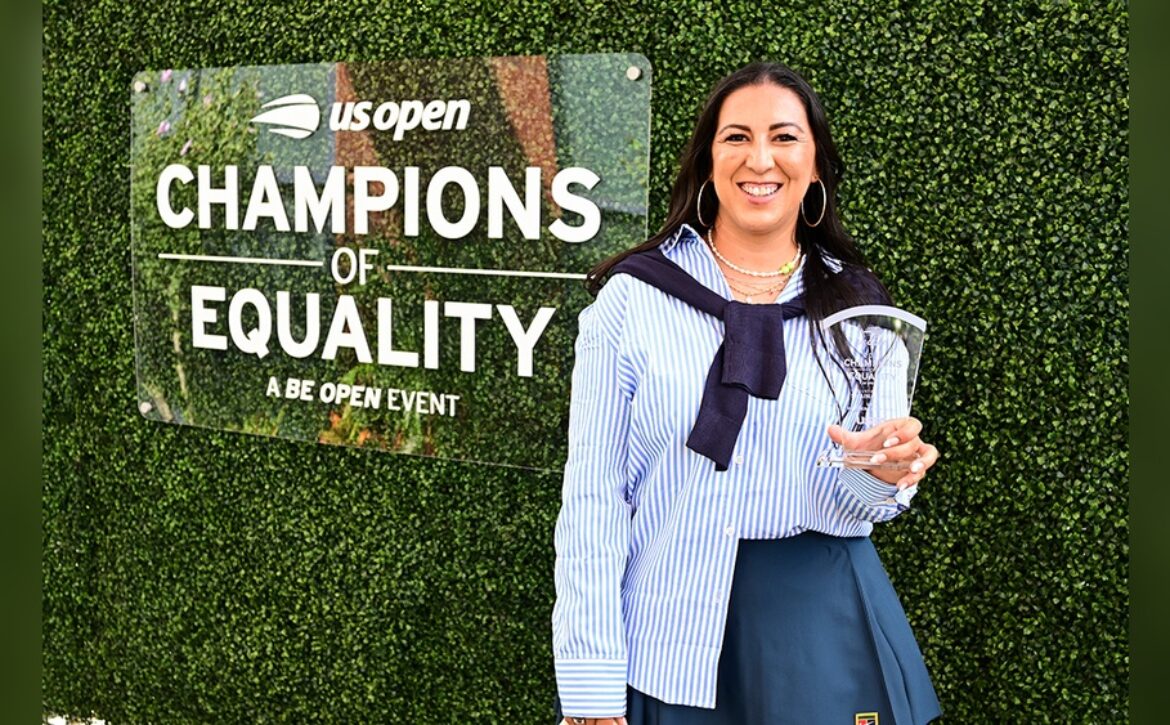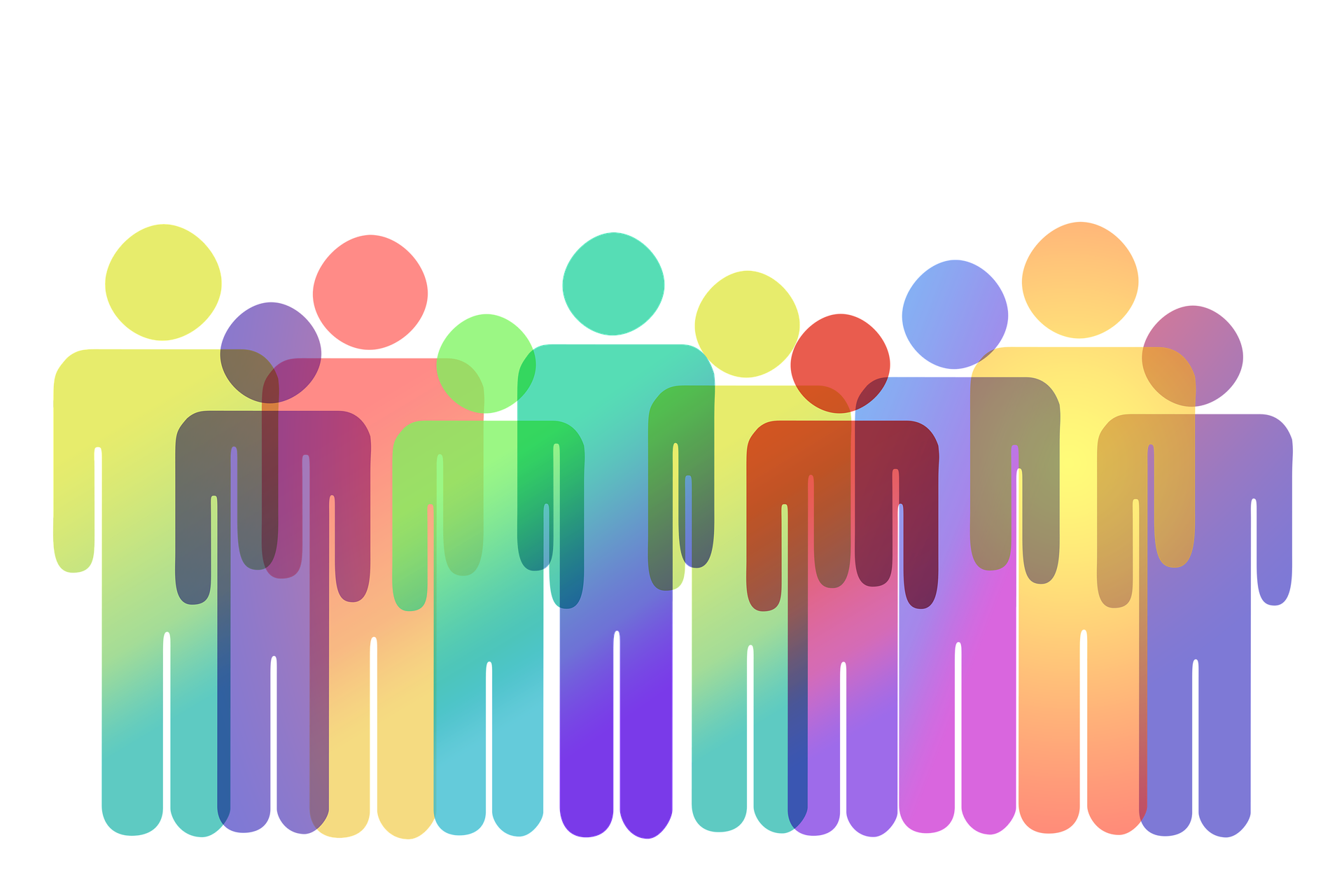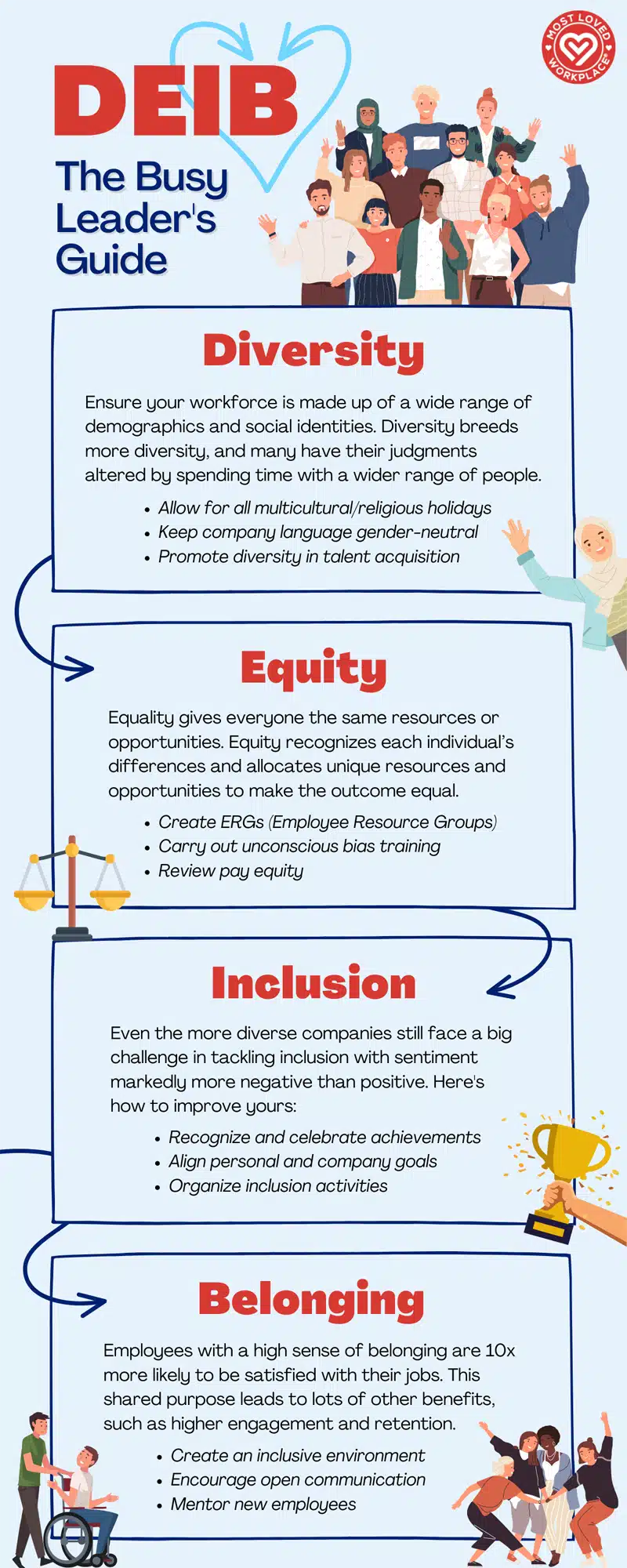
How to Become a Equality And Diversity Champion Today
Are you passionate about making a difference in the world? Do you believe in the power of equality and diversity to transform communities and workplaces?
If you’re nodding along, you’re in the right place. Becoming an advocate for equality and diversity isn’t just a noble goal—it’s a vital mission that can create real change. But how do you begin? Where do you focus your efforts to make the biggest impact?
This guide will walk you through the essential steps to become an influential voice in promoting fairness and inclusivity. Get ready to uncover practical strategies, insider tips, and actionable advice that will empower you to be a catalyst for positive change. Your journey towards becoming a champion for equality and diversity starts here—let’s dive in!

Embracing Equality And Diversity
Embracing equality and diversity enriches our lives and communities. It means respecting different backgrounds and perspectives. This approach fosters understanding and harmony. It encourages a culture where everyone feels valued and included. By doing so, we create a space where everyone can thrive.
The Importance Of Inclusion
Inclusion ensures everyone feels they belong. It means giving equal opportunities to all. This approach boosts creativity and innovation. It brings diverse thoughts together for better solutions. Inclusion strengthens communities and workplaces. Everyone benefits from a more inclusive environment.
Recognizing Bias And Stereotypes
Bias and stereotypes can limit our understanding. Recognizing them is the first step to change. Biases often lead to unfair treatment. They create barriers for many people. By identifying these biases, we can work to eliminate them. This leads to a fairer society for all.

Skills Of An Equality Champion
An Equality Champion embraces empathy, listens actively, and promotes inclusive communication. They understand diverse perspectives and advocate for fair treatment. By fostering respect and learning about different cultures, they inspire positive change and unity.
Skills of an Equality Champion Becoming an Equality and Diversity Champion is more than just a title—it’s a commitment to fostering inclusivity. At the heart of this role are essential skills that can transform how you engage with others. Whether you’re advocating for workplace equity or promoting diversity in your community, these skills are crucial.
Active Listening
Active listening is the foundation of understanding diverse perspectives. It involves paying full attention to the speaker, showing that you value their words. Have you ever noticed how a simple nod or a small follow-up question can encourage someone to share more? Being present in the conversation allows you to catch nuances and emotions. This builds trust and opens the door for genuine dialogue. Practicing active listening means resisting the urge to interrupt or formulate your response while the other person is speaking.
Effective Communication
Clear and respectful communication is vital for an Equality Champion. It ensures that your message is not just heard, but understood and respected. When you communicate effectively, you bridge gaps between differing viewpoints. Use simple language and avoid jargon that might alienate others. Tailor your communication style to suit your audience—what works in one context may not work in another. Sharing a personal story or experience can make your points relatable and memorable.
Empathy And Understanding
Empathy allows you to connect with others on a human level. Understanding someone’s feelings and experiences can shift your perspective and strengthen your advocacy. Have you ever changed your opinion after walking in someone else’s shoes, even for a moment? To foster empathy, engage with diverse groups and learn about their challenges. This requires an open mind and a willingness to confront your own biases. When you approach situations with empathy, you create an environment where everyone feels valued and understood. In your journey as an Equality and Diversity Champion, these skills will be your greatest allies. They empower you to create meaningful change and inspire others to do the same. Are you ready to make a difference?
Building Knowledge And Awareness
Building knowledge and awareness is crucial for promoting equality and diversity. Understanding diverse perspectives enriches our interactions and decision-making. It fosters environments that are inclusive and respectful. By equipping yourself with knowledge, you become a catalyst for positive change.
Educational Resources
Books are fantastic resources for learning about equality and diversity. They offer insights from various authors and cultures. Many online platforms provide courses on these topics. Check out websites like Coursera or Khan Academy. They have courses focused on social justice and cultural competence. Articles and journals also deepen your understanding. Explore academic databases like JSTOR for research papers.
Participating In Workshops
Workshops offer hands-on learning experiences. They engage participants in discussions and activities. Attending workshops helps you connect with others interested in diversity. Many organizations host workshops on these topics. Look for local events through community centers or universities. Online webinars are also beneficial. They provide flexible learning options from home. Interactive sessions enhance your skills and knowledge.
Creating Inclusive Spaces
Imagine walking into a room where everyone feels welcome and valued. That’s the power of inclusive spaces. These environments encourage diverse perspectives, fostering innovation and understanding. You can actively contribute to creating such spaces by promoting safe environments and encouraging open dialogue.
Promoting Safe Environments
Safety is the foundation of inclusivity. It’s about ensuring everyone feels secure to be themselves. Start by establishing clear guidelines that define acceptable behavior. This sets the tone for mutual respect and understanding.
Consider implementing anonymous feedback systems. This allows individuals to express concerns without fear of backlash, contributing to a culture of trust. Your commitment to safety can transform a space into a haven for all.
Encouraging Open Dialogue
Open dialogue breaks down barriers. It’s about listening actively and fostering conversations where everyone can speak their truth. You can initiate discussions by posing open-ended questions that invite diverse perspectives.
During a recent workshop, I asked participants, “How can we make our space more inclusive?” The responses were eye-opening, highlighting areas we hadn’t considered. Encourage sharing, and you might uncover valuable insights that propel your inclusivity efforts.
Inclusive spaces thrive on communication. Regularly facilitate forums or meetings where everyone can contribute ideas. How often do you create opportunities for open dialogue in your environments?
Start today by making small changes. Your efforts can lead to significant shifts in creating spaces that celebrate equality and diversity.
Advocating For Change
Advocating for equality and diversity is essential in today’s world. It involves pushing for policies and actions that ensure fairness for all. This effort requires dedication and a clear understanding of the social dynamics at play. Every voice matters in shaping a more inclusive society. There are many ways to advocate for change effectively.
Influencing Policy
One powerful way to advocate is by influencing policy. Engage with policymakers to discuss the importance of diversity. Present them with data and real stories that highlight current issues. Help them understand how new policies can make a difference. Join groups that focus on policy change to amplify your voice. Attend public meetings and share your perspective.
Community Engagement
Community engagement is crucial for advocating change. Start by building relationships within your community. Listen to different voices and understand their concerns. Organize events that promote diversity and inclusion. Create safe spaces for open dialogue and learning. Encourage others to participate and share their experiences.
Volunteering can also help build a stronger, more inclusive community. Collaborate with local organizations that focus on equality. Encourage others to join these efforts. Raise awareness through social media and local campaigns. Empower people to become advocates for change in their own circles.
Measuring Impact
Measuring impact in equality and diversity initiatives is vital to ensure meaningful change. It’s not just about setting goals; it’s about understanding whether those goals are achieved. This section will guide you through the essentials of tracking progress and celebrating success in your equality and diversity journey.
Tracking Progress
To effectively track progress, start by identifying clear, measurable goals. Use tools like surveys and feedback forms to gather data from diverse groups.
Consider setting benchmarks. These can be quantitative, like percentage increases in diverse hires, or qualitative, such as improved employee satisfaction.
Regularly review your metrics. Create a simple table to compare your goals against actual results over time. This will help you stay on course and make adjustments as needed.
Ask yourself: Are you truly advancing towards your goals? If not, what can be improved? Engaging with these questions ensures you remain focused and proactive.
Celebrating Success
Recognize every achievement, no matter how small. Celebrating success boosts morale and encourages continued effort.
Organize events or share stories that highlight progress. Acknowledging individual contributions fosters a sense of community and belonging.
Use your successes as a springboard for further initiatives. If one strategy worked well, consider replicating it in other areas. This keeps the momentum going.
Reflect on how celebrating success impacts your team. Does it inspire them to strive for more? You might be surprised at the positive ripple effect.

Frequently Asked Questions
What Is Equality And Diversity?
Equality and diversity involve recognizing and respecting individual differences. They ensure fair treatment and opportunities for all. Embracing these principles helps create an inclusive environment. This fosters creativity and innovation. Promoting equality and diversity is essential for personal and organizational growth.
Why Is Equality And Diversity Important?
Equality and diversity are crucial for fostering an inclusive society. They enhance creativity and innovation. These principles ensure fair treatment and opportunity for everyone. Promoting them helps reduce discrimination and inequality. This creates a more harmonious and productive environment.
How Can I Promote Diversity In The Workplace?
Promote diversity by implementing inclusive policies. Encourage open communication and offer diversity training. Celebrate different cultures and backgrounds. Provide equal opportunities for growth and development. Foster a supportive and respectful environment for all employees.
What Skills Are Needed For Equality And Diversity?
Key skills include empathy, communication, and cultural awareness. Understanding different perspectives is vital. Conflict resolution and adaptability are also important. These skills help create inclusive environments. They ensure fair treatment and opportunities for everyone.
Conclusion
Becoming an advocate for equality and diversity is within reach. Start by educating yourself and others about different cultures and perspectives. Listen actively and respect diverse opinions. Practice inclusion in your community and workplace. Small actions can lead to big changes.
Stay committed and open-minded. Remember, every effort counts in creating a fair world. Your journey may inspire others to join the cause. Together, we can build a society that values everyone equally. Keep pushing for progress and celebrate diversity every day.
Your voice matters. Make it heard.





